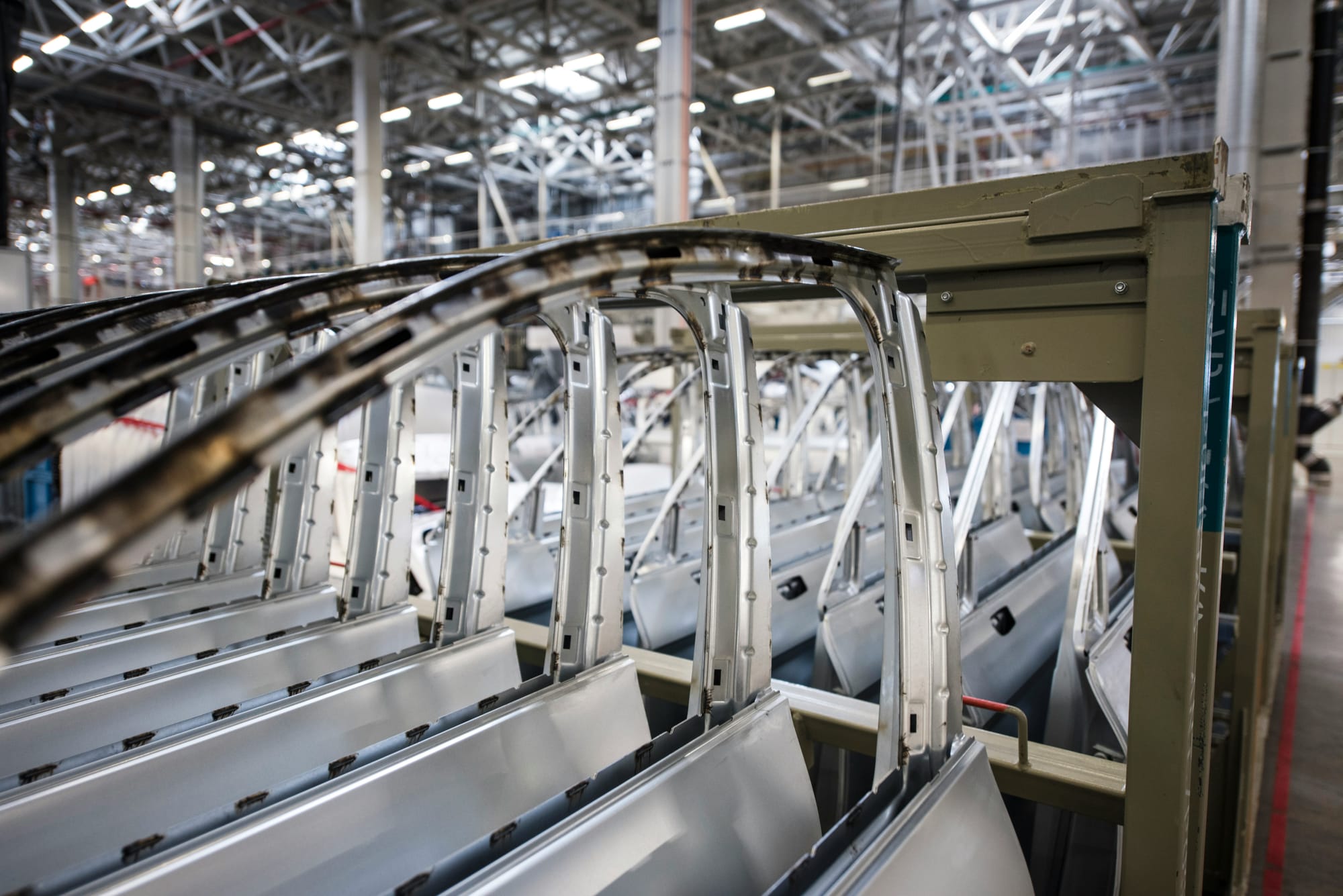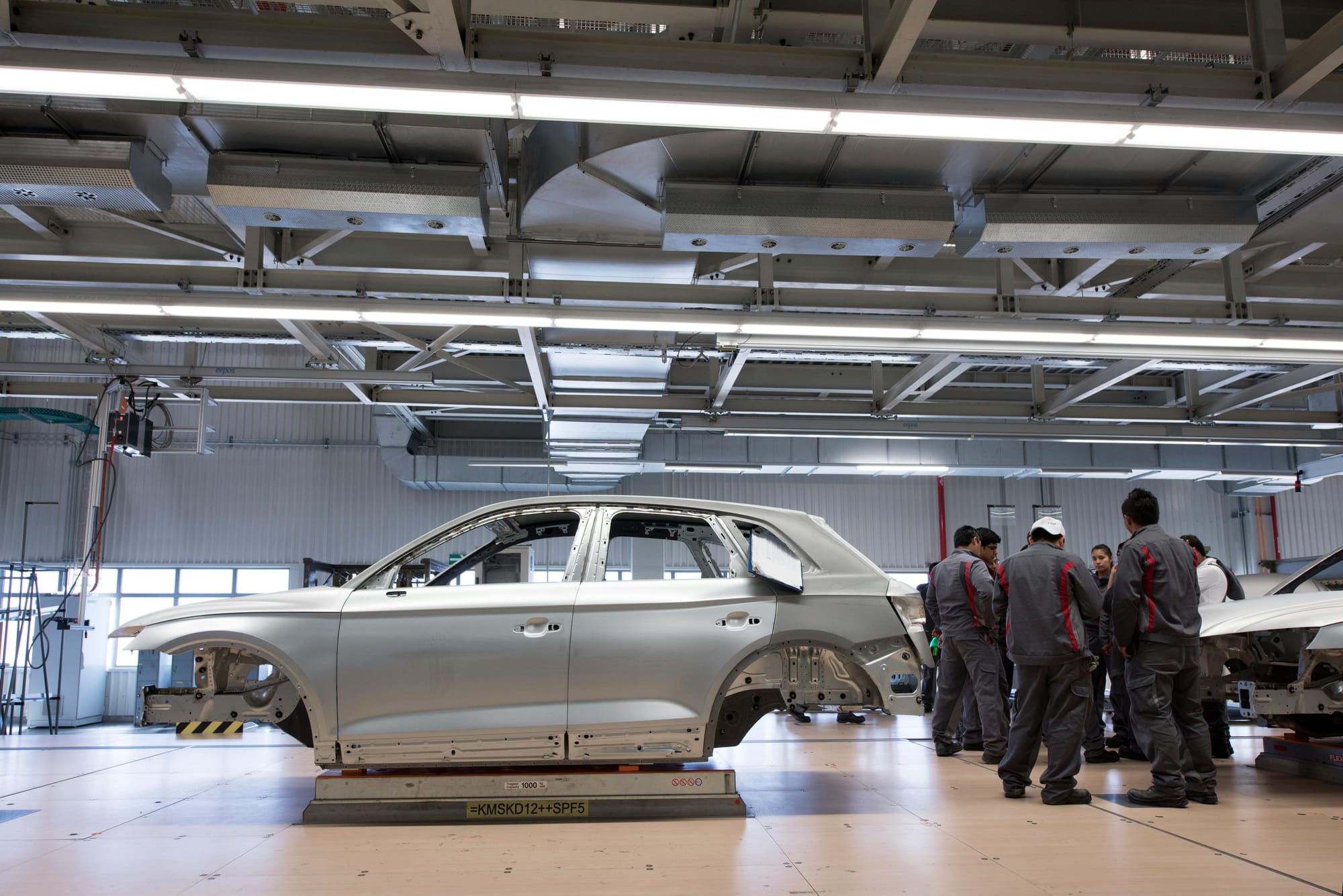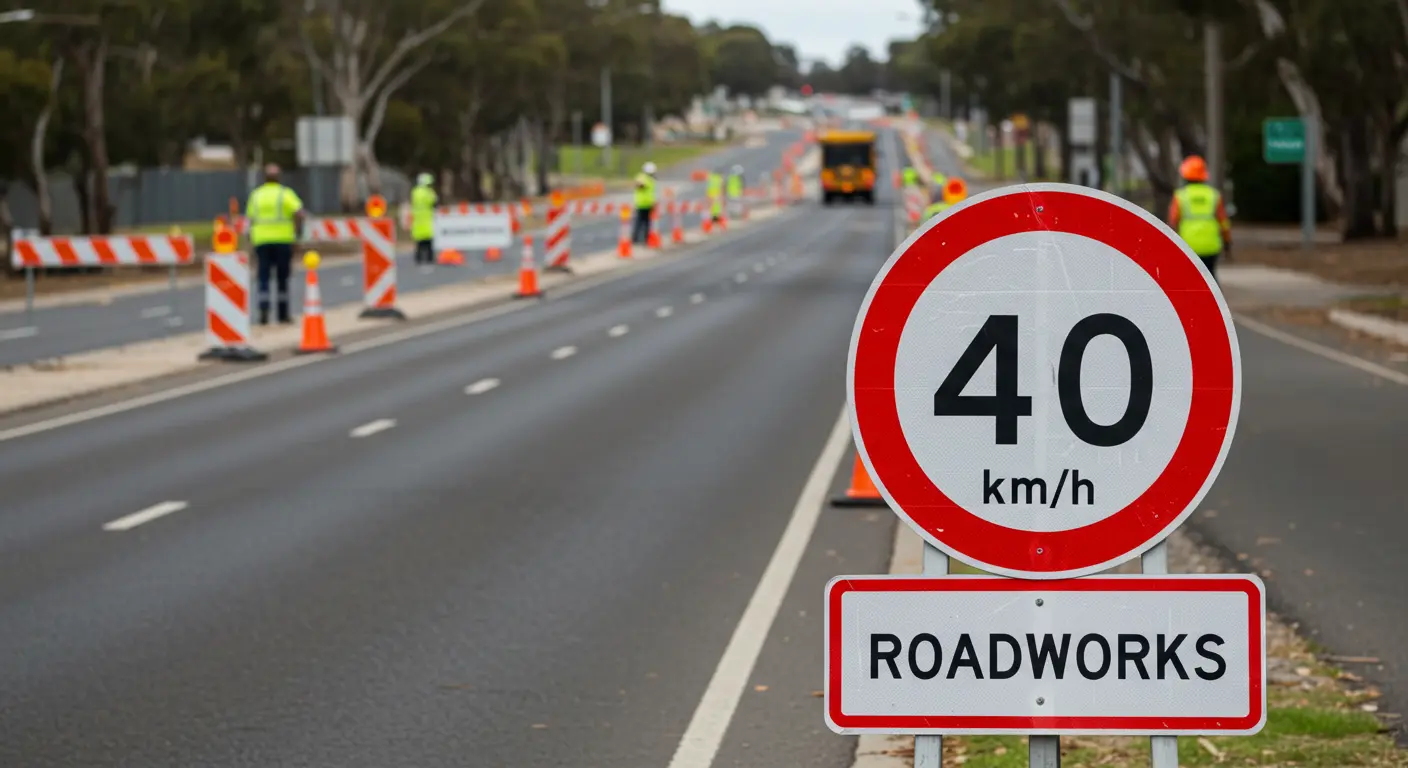The Australian automotive landscape is closely watching recent developments in the United States, as President Donald Trump's latest tariff announcements are set to have far-reaching consequences for the global car industry. These changes could potentially affect the Australian market, influencing car prices and availability.
New Tariffs and Their Implications
President Trump has recently declared significant tariffs on goods from China, Canada, and Mexico, with the latter two facing a substantial 25% tariff on almost all goods. This move is particularly surprising given that it appears to breach the United States–Mexico–Canada Agreement (USMCA) for free trade, which Trump himself signed in 2018.

Automotive Industry Under Pressure
The US automotive sector is expected to bear the brunt of these tariffs, given its heavy reliance on imports from these countries:
- Approximately 40% of vehicles sold in North America by major manufacturers like General Motors, Stellantis, Toyota, and Honda are produced in either Canada or Mexico.
- Ford also has significant production facilities in both nations.

Potential Consequences
Industry experts warn of severe repercussions:
- Flavio Volpe, CEO of the Automotive Parts Manufacturers' Association, states that the 25% tariff exceeds profit margins by about 15%, potentially devastating the industry.
- Job losses are a major concern, with predictions of over 100,000 automotive jobs at risk in Canada, and a similar number across the US and Mexico combined.
- Brian Kingston, CEO of the Canadian Vehicle Manufacturers' Association, warns of reduced North American vehicle production, increased vehicle prices, and widespread job losses.

International Response
The tariffs have prompted retaliatory measures from affected countries:
- Canadian Prime Minister Justin Trudeau has threatened a 25% tariff on C$155 billion (A$171.7 billion) worth of US goods.
- Mexican President Claudia Sheinbaum has pledged to retaliate, though specific measures are yet to be announced.
Broader Context
These new tariffs follow recent actions by the Biden Administration, which increased tariffs on certain Chinese imports, including EVs and lithium-ion batteries. This ongoing trade tension adds another layer of complexity to the global automotive market.
For Australian consumers and the local automotive industry, these developments may lead to shifts in global production and supply chains, potentially affecting vehicle availability and pricing in the domestic market. As the situation unfolds, it will be crucial for Australian automotive businesses and consumers to stay informed about these international trade dynamics and their potential impacts on the local market.

















